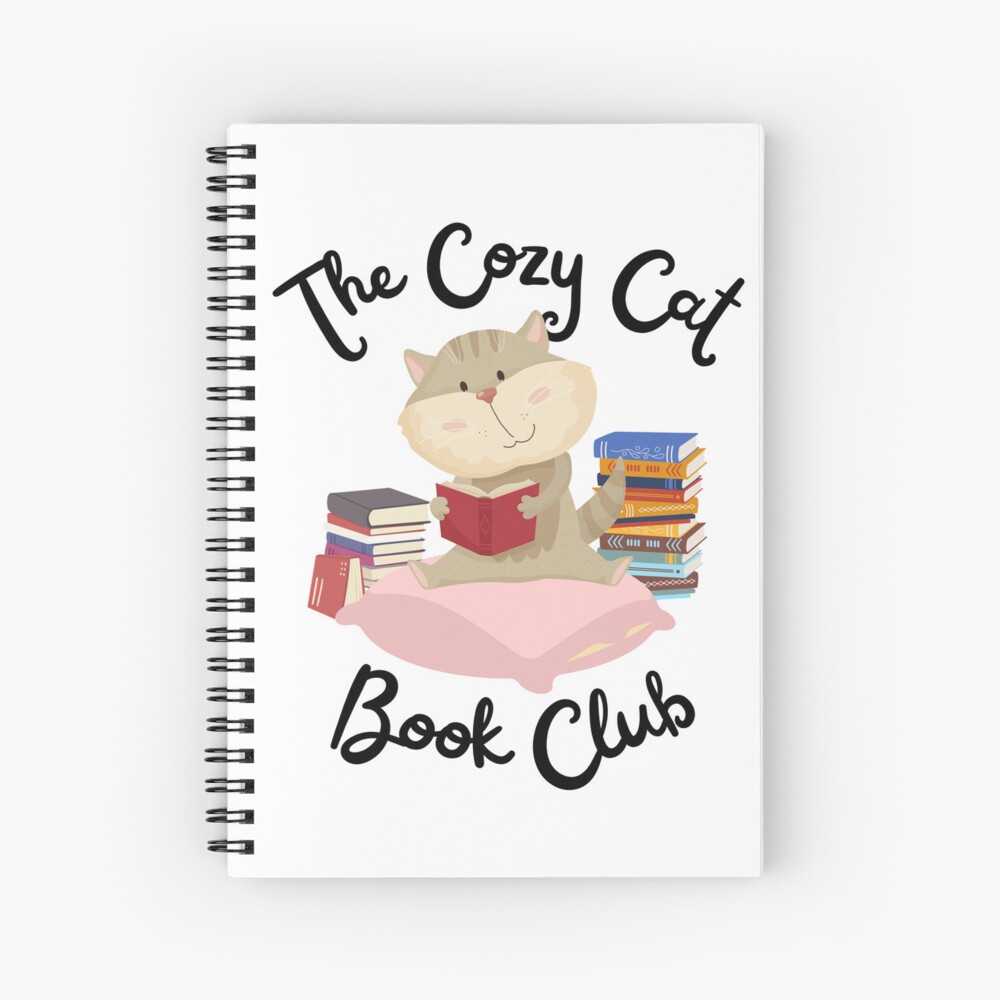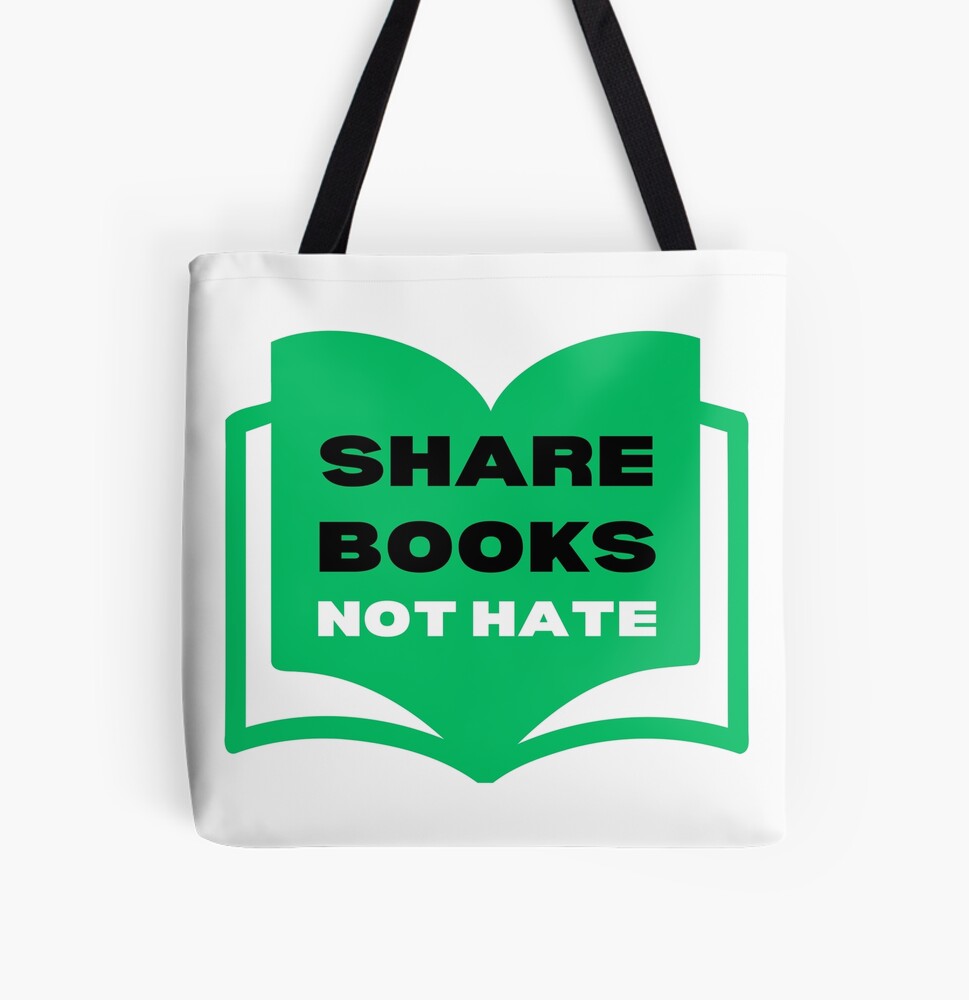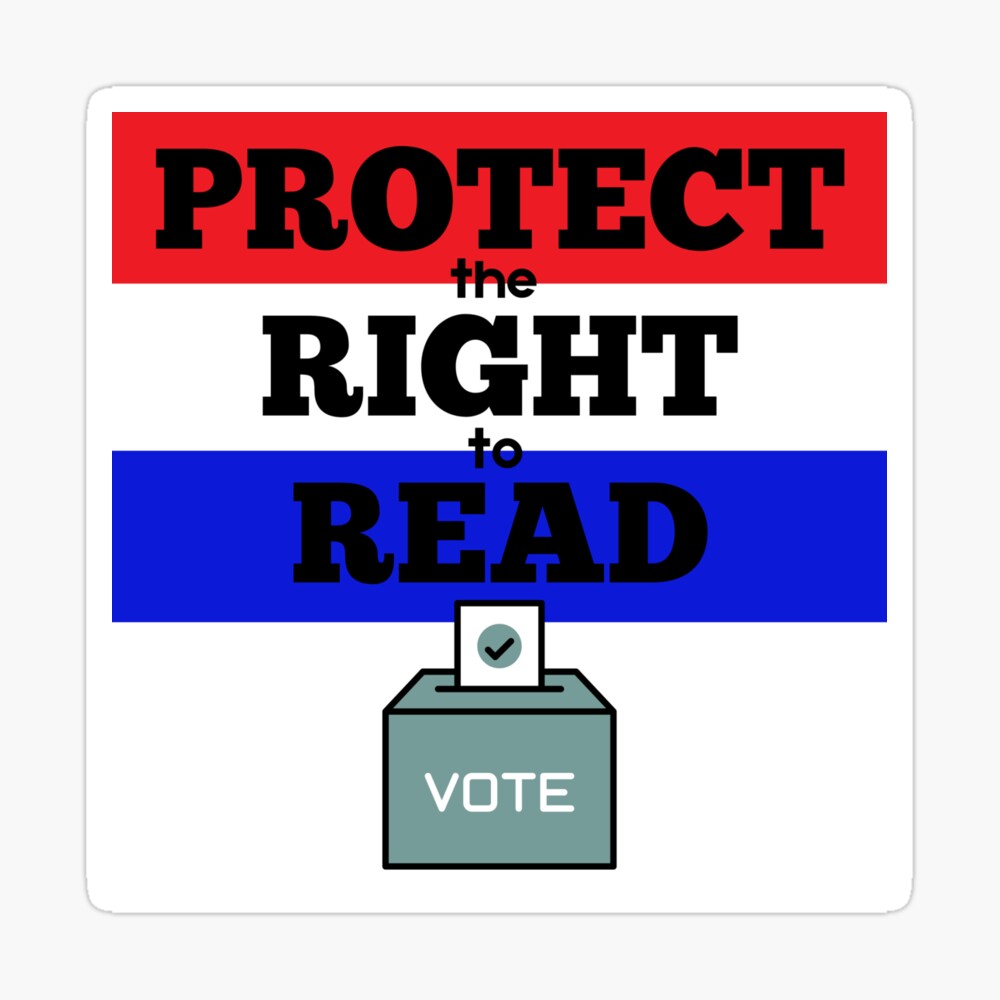
Me (right) with author-illustrator Frances Yansky at the 2012 Austin SCBWI conference, photo courtesy of author Cynthia Leitich Smith.
As I’ve mentioned many times on this blog, writing conferences are gggrrrreeeaaatttt! (For example, the recent Austin SCBWI conference and Houston SCBWI conference, where I was nominated for the Joan Lowery Nixon Award.)
The chance to hang out with like-minded people and talk about books is wonderful enough, but there’s also the seminars where you can build your craft, breaks when you can make new friends and, often, critiques and contests where you can get one-on-one feedback for your work.
And, for most conferences, the attending agents and editors will accept unagented submissions from conference attendees (complete with a sticker or special code identifying them), which is a great opportunity, especially when many editors and even some agents are closed to submissions.
Going to conferences, however, can get expensive, so how to choose?
1. See what’s available.
Big writing organizations such as the Society of Children’s Book Writers and Illustrators, of which I’m a member, have both national conferences and smaller regional conferences and dates for both are easy to find on the organization’s website and magazine. Organizations for other genres of writing have similar events. Whatever you write, find organizations that fit and check out their website for upcoming events. You can also look at more general writing organizations, such as the Writers League of Texas, which offers opportunities for all writers.
A search for writing conferences online can yield results, and many websites and blogs keep a running list. Here’s one example and here’s another.
If you are interested in seeing a particular agent or editor who you think might like your work, look at their blog or website and see if they have a list of upcoming events. Even if you don’t get to meet or talk to the agent or editor at the event, seeing them speak is an excellent opportunity, especially with agents, to get a feel for how they work.
2. National vs. regional.
Both national and regional conferences have their benefits. National conferences are packed with superb speakers, from editors to agents to best-selling authors, and generally have something for everyone, from beginner to seasoned writer.
They’re usually longer, two or three days, and more expensive. At just one or maybe two days, regional conferences are a less expensive option and have other perks.
While national conferences do allow for some networking with other attending writers, regional conferences are better if you’d like to speak to an agent, editor or featured author. At the national conferences, the speakers are generally so busy, and the crowd that wants their attention so huge, that they are often pulled out of one room and into their next engagement without much time for socializing. Regional conferences, however, are more intimate affairs. The speakers often eat lunch with the attendees and don’t mind a quick chat in the breaks (as long as you don’t follow them to the bathroom to pitch your book).
For beginniners, I would recommend going to a regional conference first, because the nationals can be overwhelming.
3. Research speakers.
Deciding which conference to go to is all about the speakers. If you write picture books and a conference you’re looking at is all about novels, you might want to find one that has more to offer you. Equally, if you’re a novelist and all the speakers are geared toward picture books or non-fiction, keep looking.
Check your local conferences first, but if their speakers don’t aren’t geared toward what you write, look at the other regional conferences your organization holds. Going to these might cost you an airfare and hotel, but they will likely still be less expensive than the national conferences.
When you’ve got the list of speakers for the conference, read the bio that is included for each speaker. For agents, look at their clients’ books. For editors, see which books they’ve worked on. And for both, read the types of books they’re interested in. If they’re similar to yours, this might be a good conference for you.
4. To critique or not to critique.
Getting a critique is an invaluable opportunity to get one-on-one feedback about your work from a professional. The cost is extra, ranging from about $20 to about $80, but most are on the lower end. Once you’ve secured your critique spot, you’ll send your writing (usually 10 pages, sometimes plus a synopsis) a couple months in advance. Then on the day, you’ll meet with your critquer face-to-face for about 10 minutes.
Critiques are offered from agents, editors and authors at conferences. If you’re interested in getting a critique from an agent or editor, sign up early. Identify the conference you want to go to, and register as soon as it’s open. Critique spots for agents and editors are usually sold out fast. But don’t shy away from the authors. They have been where you are and can help you bring your writing to the next level.
Before you sign up for a critique, however, do your homework. Just like you researched speakers, research the critiquers. If you write science-fiction and a critiquer likes novels in verse, you might not be the best match. Look for critiquers who like the type of stories you write. You don’t want pure praise in your critique — although it’s always nice — but you do want feedback from someone who gets what you’re trying to do so the notes can be as constructive and helpful as possible.
5. Extra seminars.
Some conferences offer breakout sessions taught by professionals for an extra cost. You won’t always have the schedule during registration to compare what you’ll be missing, so this is another area to consider before you buy. If you’re at the earliest stages of writing your first book, you might not need, say, a course on book marketing just yet. But if you’re polishing your manuscript to get it ready for submissions, a session on query letters could be useful.
Again, make sure the the professional teaching the session is someone who will be compatible to what you need right now. If that query letter session is on non-fiction proposals, it might not work.
When you’ve picked your conference and registered, start looking forward to a great time. You will have one.
How do you choose what conferences you go to?






